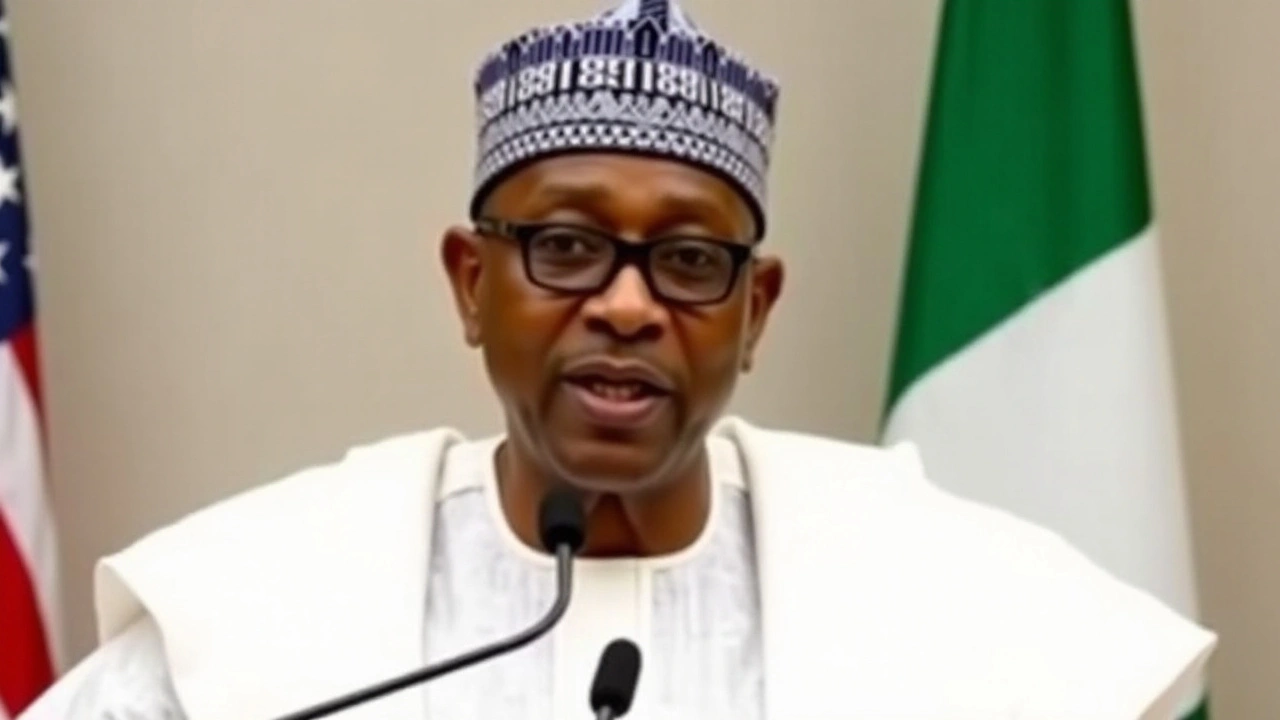Fuel Subsidies: What They Are and Why They Matter in South Africa
Fuel subsidies are government payments that help lower the cost of fuel for consumers and businesses. Think of it as the government pitching in to keep fuel prices from getting too high, making everyday goods and travel more affordable. But it’s not a simple yes or no — fuel subsidies come with a bunch of pros and cons that affect everyone, from truck drivers to shop owners.
In South Africa, fuel subsidies have been a big topic because they directly impact how much you pay at the pump and how the economy runs. When fuel is cheaper, transport costs drop, which can lower prices on food and other essentials. But subsidizing fuel also means the government spends a lot of money, which could be used elsewhere like education or healthcare.
How Fuel Subsidies Affect You and the Economy
For everyday folks, fuel subsidies mean your car’s petrol is less expensive than it would be otherwise. This can help ease living costs, especially if you have a long commute or rely on public transport that uses fuel. But subsidies can keep prices artificially low, encouraging more fuel use and pollution. That’s a downside if we care about the environment.
On the economic side, subsidies can strain government budgets because funds have to be balanced carefully. If subsidies are cut suddenly, fuel prices might spike, hitting households and businesses hard. Governments often face a tough choice between managing fiscal health and protecting consumers from big price swings.
What’s Next for Fuel Subsidies in South Africa?
There’s been chatter about reducing or reshaping fuel subsidies to save money and push for cleaner energy sources. Some suggest targeting support to the poorest instead of blanket fuel subsidies, so help goes where it’s needed most. This change could lead to higher fuel prices but might encourage alternatives like electric transport or public transit.
Understanding fuel subsidies helps make sense of government budgets, inflation, and the ongoing debate about energy and environmental policies. So next time fuel prices change, you’ll know why it matters beyond just your wallet.
Tinubu Approves NNPC's Use of Dividends for Fuel Subsidies Amid N68 Trillion Expenditure
President Bola Tinubu has given the green light to the Nigerian National Petroleum Company Limited (NNPC) to use its dividends to cover the cost of fuel subsidies. The strategy aims to ease the financial burden on the Nigerian government, with fuel subsidies already costing the nation around N68 trillion since the current administration began.

